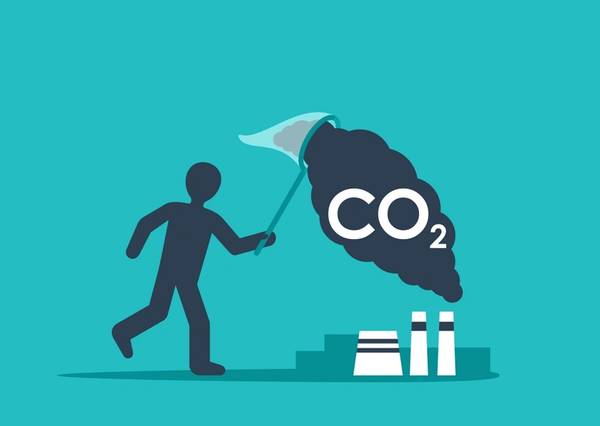
AGR, Norway-based well engineering, drilling project management, and reservoir management firm, has signed an agreement to provide advisory services to Gassnova, in the area of carbon capture and storage.
The Norwegian state-owned Gassnova acts on behalf of the Norwegian Ministry of Petroleum and Energy and facilitates the development of technology and solutions to enable cost-efficient and progressive solutions for the capture and storage of CO2.
Under the agreement, AGR will act as technical advisors to Gassnova by offering technical expertise across geoscience, reservoir, drilling, and well engineering disciplines in addition to facilities and cost engineering.
Svein Sollund, Chief Executive Officer of AGR, said: ‘As the Norwegian government actively progresses its carbon-neutral strategy, carbon capture, utilization and storage (CCUS) is a key method for tackling climate change and achieving low emissions targets.
At AGR, we have worked with the Gassnova team closely over many years with the Longship full-scale project being the most recent. We are therefore delighted to have been selected once again to support Gassnova and look forward to pooling our technical resources and expertise."
AGR assignments in this specific area so far include providing CO2 storage site subsurface analysis on the UKCS; risk assessment and mitigation plans on potential CO₂ leaks on a producing gas field in the North Sea; and managing the drilling of an appraisal well as part of a possible full scale storage site offshore Australia.
As for Longship, this is a CCUS project that is a foundation of the Norwegian government’s climate change strategy with the first carbon capture to take place at Norcem’s cement factory in the Oslo-fjord region. Longship also comprises funding for the transport and storage project Northern Lights, a joint project between Equinor, Shell, and Total.
Northern Lights will transport liquid CO2 from capture facilities to a terminal at Øygarden in Vestland County. From there, CO2 will be pumped through pipelines to a reservoir beneath the seabed.



